For reasons I can’t seem to remember, I have read an awful lot of cricketing histories. The dullest, by a distance, was Sir John Major’s plodding effort, a labour of love to write, I’m sure, but a real labour to read. One of the most astute was Sir Derek Birley’s magisterial A Social History of English Cricket. It apparently helps to be a knight of the realm if you wish to get your cricketing history into hard covers. Richard H. Thomas isn’t there yet — he’s an associate professor of journalism at Swansea university — but his book is so absorbing and entertaining I would be surprised if the offer of at least a CBE wasn’t already in the post.
For Thomas has done something unusual but actually very simple and effective. He tells cricket’s long and involved history through some of the interesting and characterful men (and a few women) who have played the game at the highest level. It is at heart, a Brief Lives of Cricket — not a discrete series of character portraits but a continuous flowing narrative that hops from player to player with elegance and wit. It’s one of those books that reads easily but must have been a complete bastard to put together. Though Thomas’s previous cricket writing has scarcely extended beyond a couple of articles for The Nightwatchman, his judgments of each player are never less than pertinent and occasionally original. In short, he knows his stuff.
I have to admit, having written a couple of cricket books myself over the years, that I quail at the amount of research he must have undertaken to get this book finished. He is aware of all the familiar stories, and tells a few of them again, because the best ones are like nursery rhymes — we never grow tired of them. But there are lots of stories that were new to me, and Thomas has a winning way with the fascinating fact. That Freddie Brown, who captained England in Australia in 1950-1, was the only inter-national captain to have been born in Peru may not float your boat or wet your whistle, but it certainly does mine.
It is Thomas’s good luck, and ours too, that cricket has always been full of eccentrics. Wilf Wooller, who captained Glamorgan to their first championship title in 1948, ‘directed cricket in the Principality with uncompromising belligerence’. He rarely took a backward step. ‘Bugger off, Tyson. You’re not fast enough to hurt me,’ he told the world’s fastest bowler as the ball flew past his ears. When he finished playing in 1961 he became the club’s secretary and then president. ‘To young Glamorgan supporters in the 1970s, he was a terrifying figure. Prowling around the boundary in his sports jacket and brown suede lace-ups, he had an iron fist within a velvet glove that had become rather threadbare.’ Later on, he often commandeered the public address system. ‘Once, disgusted with Brian Close for refusing a run chase, he announced that, because of Somerset’s perceived negative approach, he would refund the admission money to anyone who had called at the office.’ Wooller had been captured by the Japanese in 1942 and had worked on the notorious Burma railway. In his later years, ‘he refused to use any Japanese-made pocket calculator’.
Bill Edrich also survived the war and won a DFC as an RAF squadron leader:
Thereafter, facing cricket balls was comparatively plain-sailing… so he played his cricket like a sailor with a 24-hour pass. He was no lover of authority and it felt the same way about him. The relationship wasn’t helped by his rather macabre lifestyle, which involved drinking and getting married and divorced with metronomic regularity.
At Edrich’s fifth wedding, his Middlesex colleague J.J. Warr was asked whether he was with the bride or groom. ‘Neither,’ he responded, assuring the attendant that he had a ‘season ticket’.
Geoffrey Boycott had ‘a facility for making enemies much faster than he made his runs’. Actually Derek Hodgson said that in Wisden 2019. Thomas can pick a decent quote as well as writing his own. A good trick is looking up your favourite cricketer in the index and seeing what Thomas says about him. My own is Derek Randall, the wondrous Notts and England batsman of the 1970s and 1980s, who suffered from ‘selectorial inconsistency and unsupportive captains’. Randall, says Thomas, ‘had the perennial look of a man who has just realised he has got off the train at the wrong station with the wrong suitcase but has decided to make the best of it anyway’. Which could not be improved upon.
In fact, the only thing wrong with this book, other than a couple of dangling participles, is that he has misspelt my name in the bibliography, for which he should be roundly punished, either in this life or the next. Otherwise, this is a very good cricketing history indeed, and highly recommended.
Got something to add? Join the discussion and comment below.
Get 10 issues for just $10
Subscribe to The Spectator Australia today for the next 10 magazine issues, plus full online access, for just $10.
You might disagree with half of it, but you’ll enjoy reading all of it. Try your first month for free, then just $2 a week for the remainder of your first year.

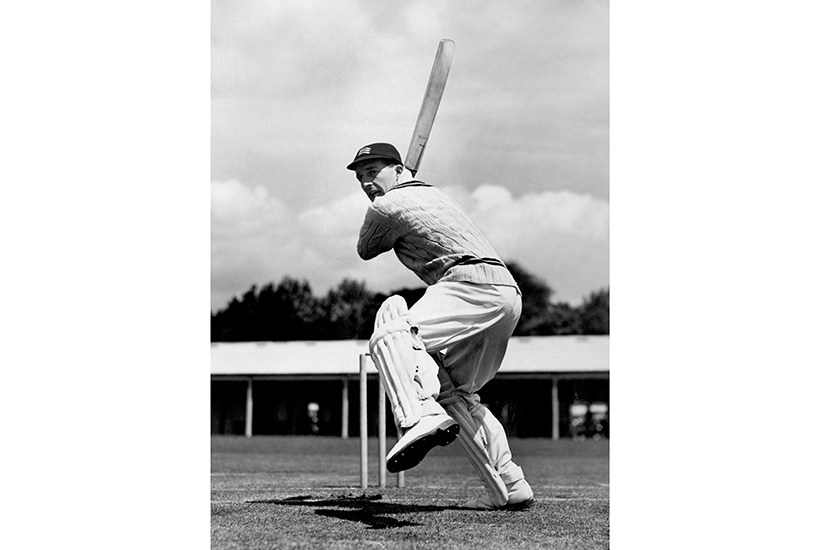
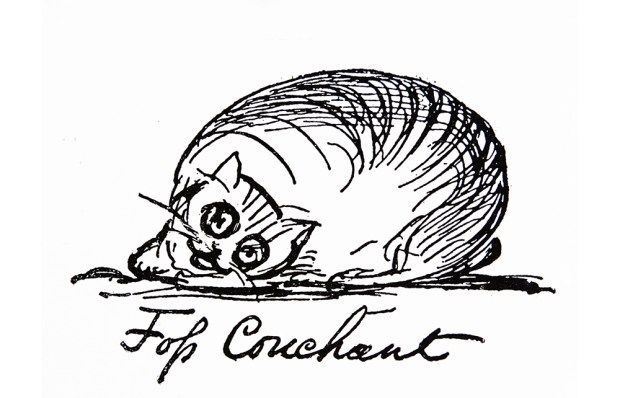
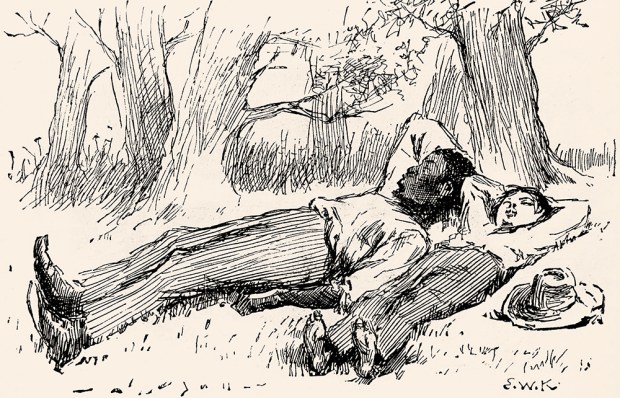
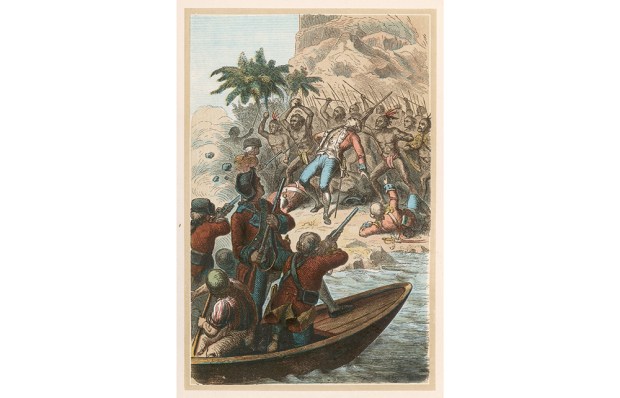
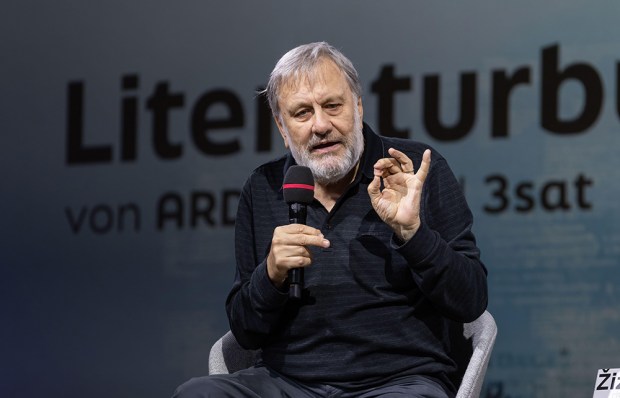
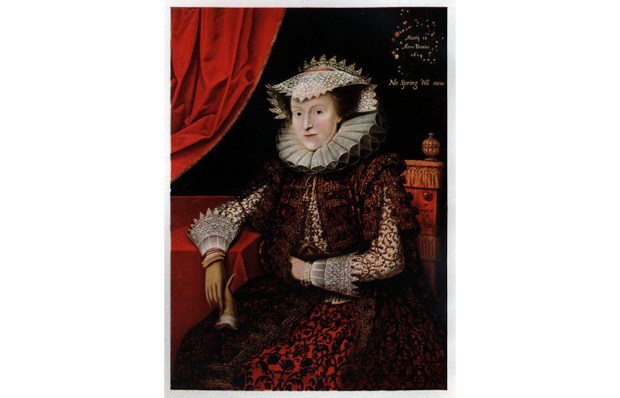
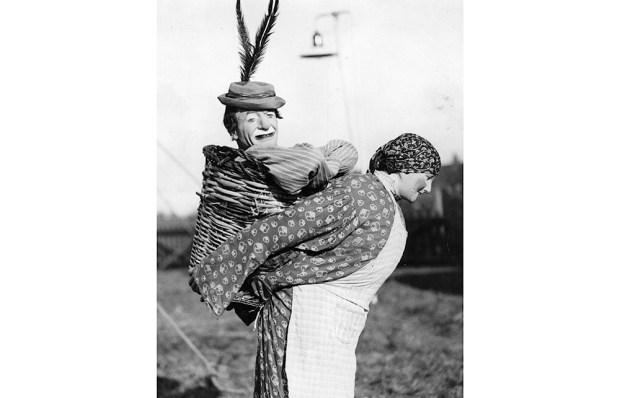






Comments
Don't miss out
Join the conversation with other Spectator Australia readers. Subscribe to leave a comment.
SUBSCRIBEAlready a subscriber? Log in